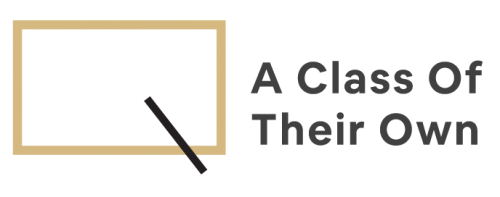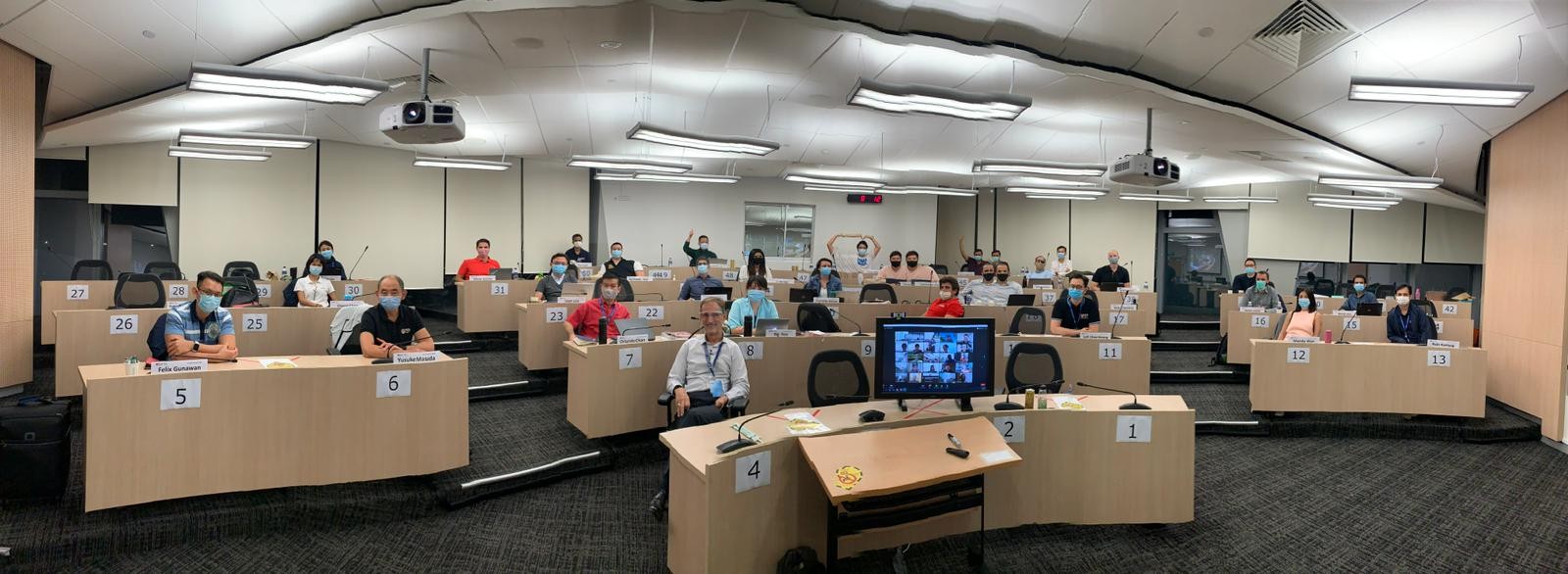A Class Of Their Own: The accidental professor

In this series, NUS News profiles the outstanding educators who have inspired generations of students at the University.
For this "accidental professor", as Professor Jochen Wirtz wryly describes himself, teaching was never part of the plan.
Prof Wirtz, who is Vice Dean for MBA Programmes and Professor of Marketing at NUS Business School, initially began his career as a services marketing consultant in London. In 1992, when his wife found a job in Singapore, Prof Wirtz moved here with her. At the time, teaching and research at NUS was the most attractive job on offer, and he took it. "It was a bit of an acquired taste initially," Prof Wirtz quips when recalling how he felt about academic life, "like the weather."
Prof Wirtz soon came to enjoy the teaching and academic work. Although he had only planned on staying for one year, that soon stretched into a prodigious career of 29 years. Prof Wirtz has been recognised as an accomplished educator; he was founding director of the UCLA-NUS Executive MBA (EMBA) Programme, founding member of the NUS Teaching Academy, and has received a host of teaching awards and accolades from NUS and global institutions alike. Besides teaching a number of MBA and EMBA degree modules and short executive educations courses every academic year, he also plays a crucial role in maintaining and improving the quality of education at the business school.
Alongside his work at NUS and his active career as a management consultant, Prof Wirtz is also an avid hiker, skier, theatre-goer, and most recently a fan of The Crown, but he balances hobbies, travel, and work with apparent ease. "The key word", shares Prof Wirtz, "is synergy" — the energy that invigorates and connects his work in education, research, and industry. As he points out, the university is itself a service organisation, and at NUS Business School, "we teach business, we do research on business, and we ourselves run a service business… that allows us to test and run and experiment."
At NUS Business School, students and staff alike benefit from Prof Wirtz’s organisational work. For instance, he encouraged his MBA admissions and marketing team to take courses in Robotic Process Automation to boost their productivity and employability, allowing them to better serve students. Equipped with these skills, the team went on to create the university’s first external facing chatbot for the MBA Programme, built completely in-house. Clearly enthused, Prof Wirtz recalls: "I was so happy. With a test run of two weeks, we launched it, and we had 20,000 unique conversations in the first month. We don't have a big team, so can you imagine how many emails and calls were saved?"
Much of Prof Wirtz's work is centred on the MBA programme, which comprises a diverse cohort of industry professionals. Prof Wirtz is dedicated to helping each student reach their fullest potential. The strategic direction of the MBA programme, he says, is transformational education. He emphasises, "We want to change you as a person, and we want to help you make yourself the best you can be in your chosen area."
To achieve this, Prof Wirtz has spearheaded the curation of a rigorous academic syllabus, accompanied by a range of electives graded on a pass/fail basis, allowing students to prioritise self-improvement over gunning for top grades in areas they are already proficient in. Complementing this is an experiential core curriculum and the MBA Club Ecosystem, which give students opportunities to "test-run" careers in various industries, learn the lingo, understand key issues and, critically, build a network of connections with NUS alumni and future business partners. These experiences, Prof Wirtz highlights, are what set the NUS MBA apart, and cannot be replaced by the online classroom. He is therefore fiercely committed to maintaining the quality of the MBA programme, and is currently working tirelessly to create viable and safe face-to-face learning environments.
When asked what he enjoys about teaching, Prof Wirtz remarks that learning from class discussions and project presentations is what makes teaching rewarding for him. Commenting on his teaching philosophy, he says, "You have to be humble because your students know their field better than you do, and that's also why I enjoy it." He also shares that many of his publications originate from class discussions, research projects, or collaborations with former students from the MBA and EMBA programmes.
If you ever face Prof Wirtz in the classroom — be prepared. Prof Wirtz divulges that he compiles a brief dossier on all his students, tagging them with yellow sticky notes so he knows who to call on for specific topics. "There is no escaping!", he warns humorously. Above all, he shares, he prizes intellectual curiosity, positivity, and a gung-ho attitude.
When asked for advice on staying relevant in the job market today, Prof Wirtz joked that none of his own children listened to his advice anyway. "I told them their jobs are all going to be largely automated, but they don't care," he says blithely, before bursting into laughter.
Jokes aside, he says reassuringly, "There is always going to be room for people who are good at their jobs." He emphasises that it is important to be reliable, adaptable, and forward-thinking in order to stay ahead, but to stay focused on one's own area of expertise.
"Nobody hires you because you're okay at everything," he says, "so get enthusiastic about something, and then do it well and stay at the cutting edge of your field."
This is the seventh instalment of a series on outstanding educators at NUS.
Read about Associate Professor Lakshminarayanan Samavedham of NUS Engineering and his vision of nurturing independent, just-in-time learners.
Read about Mr N. Sivasothi from the NUS Faculty of Science and his unique blend of education and environmental advocacy – an ecosystem in which every element feeds into another.





